PUTIN Condemns ISRAELI Invasion of Syrian territories. ”This is obvious. Our position here is firm.”
Putin Condemns Israeli Invasion of Syria: A Firm Stand on Syria’s Sovereignty
In a bold statement that is making waves in the international community, Russian President Vladimir Putin has condemned Israel’s recent actions in Syria, particularly the seizure of Syrian territories. Russia’s position on this matter is clear and firm, with Putin emphasizing that Moscow views these actions as a violation of Syria’s sovereignty. This condemnation adds another layer of complexity to the ongoing geopolitical tensions in the Middle East, where Russia and Israel have previously maintained a careful balance of diplomatic and military engagement.
The Context of Israel’s Actions in Syria
The backdrop of Putin’s condemnation lies in the ongoing conflict in Syria, which has been raging since 2011. The war has drawn in numerous foreign powers, each pursuing their own strategic interests. While Syria’s government, led by President Bashar al-Assad, has largely regained control of the country with the support of Russia and Iran, the conflict has not ended entirely. Several regions of Syria remain under the control of rebel groups, Kurdish forces, or foreign military entities, and Israel has been one of the countries involved in military operations within Syria.
Israel’s involvement in Syria has primarily been framed around its security concerns, especially regarding the presence of Iranian forces and Hezbollah fighters near its borders. Israel has repeatedly stated that it will not tolerate the establishment of an Iranian military presence in Syria, fearing that such a development would pose a direct threat to its security. Over the years, Israel has conducted airstrikes against Iranian and Hezbollah targets in Syria, focusing on military infrastructure and weapon shipments that could potentially be used against Israel.
In addition to its airstrikes, Israel has also reportedly taken control of strategic areas in Syria, including parts of the Golan Heights, a region that Israel captured from Syria in the 1967 Six-Day War and later annexed. Despite international condemnation of its annexation of the Golan Heights, Israel continues to maintain its control over the region.
Putin’s Strong Condemnation
In response to Israel’s actions in Syria, President Putin has made it clear that Russia opposes any foreign seizure of Syrian territory. During a recent statement, Putin remarked, “Russia condemns the Israeli seizure of Syrian territories. This is obvious. Our position here is firm.” This statement comes at a time of heightened tensions in the region, where Russia’s role as a key ally of Syria is being tested by Israel’s ongoing military activities in Syrian territory.
Putin’s firm stance underscores Russia’s longstanding commitment to defending Syria’s sovereignty. Since the onset of the Syrian Civil War, Russia has been a critical military and diplomatic ally of the Assad regime, providing air support, military advisers, and advanced weaponry to help the Syrian government regain control over rebel-held territories. Russia’s intervention in Syria, beginning in 2015, has been instrumental in tipping the balance of the war in Assad’s favor, and Moscow has consistently emphasized its opposition to foreign intervention that undermines Syria’s territorial integrity.
Putin’s condemnation of Israel’s actions is also a reflection of the broader geopolitical struggle in the region. While Russia has maintained its partnership with Israel on a number of issues, particularly concerning the fight against terrorism and counterterrorism operations, the situation in Syria presents a complex dynamic. Russia’s alliance with Iran, a key backer of Assad, puts it at odds with Israel, which views Iran as its most significant regional threat.
The tension between Israel and Russia over Syria is not new. While both nations have engaged in diplomatic discussions to manage their competing interests, incidents like Israel’s military operations in Syria, especially when they involve territorial control, complicate the relationship. Putin’s statement is a clear reminder that, despite other areas of cooperation, Russia will not tolerate actions that it sees as undermining Syria’s sovereignty.
The Golan Heights and International Law
At the heart of this issue lies the Golan Heights, a strategically important region that Israel captured from Syria during the 1967 Six-Day War. The Golan Heights is vital not only for its military significance but also for its water resources and its position overlooking northern Israel. Israel’s control over the Golan Heights has been a point of contention for decades, with Syria and the international community consistently calling for its return.
In 1981, Israel formally annexed the Golan Heights, a move that was condemned by the United Nations Security Council (UNSC) and deemed illegal under international law. The UNSC passed Resolution 497, declaring that Israel’s annexation of the Golan Heights was “null and void and without international legal effect.” However, Israel continues to assert its sovereignty over the region, and in 2019, the U.S. under President Donald Trump recognized Israeli sovereignty over the Golan Heights, further inflaming tensions with Syria and its allies.
Russia’s condemnation of Israel’s actions is grounded in the principles of international law, particularly the respect for national sovereignty and territorial integrity. By seizing Syrian territory, Russia argues, Israel is violating Syria’s sovereign rights under international law. Moscow’s stance aligns with its broader foreign policy approach, which seeks to challenge what it sees as Western-led efforts to reshape the Middle East to the detriment of local regimes.
The Bigger Picture: Russia’s Role in the Middle East
Russia’s position on the Israeli seizure of Syrian territories is part of its broader strategy to reassert itself as a dominant player in the Middle East. Since its intervention in Syria, Russia has sought to solidify its influence in the region, filling the void left by the U.S. withdrawal from certain areas. Moscow has built strong ties with Iran, Turkey, and Syria, while also cultivating relationships with various Arab states.
At the same time, Russia has been cautious not to alienate Israel completely. Israel and Russia have maintained a pragmatic working relationship, especially in terms of military deconfliction in Syria. Israel has carried out numerous airstrikes against Iranian targets in Syria, but these strikes have been coordinated with Russia to avoid direct confrontation between Israeli and Russian forces.
However, Russia’s commitment to supporting Syria’s sovereignty is unlikely to waver. While Russia and Israel have cooperated on certain issues, Moscow’s support for the Assad regime and its partnership with Iran mean that it is unlikely to tolerate actions by Israel that undermine Syrian territorial integrity.
Putin’s condemnation of Israel’s actions is a clear message to Israel and the international community that Russia is not willing to back down on this issue. Moscow’s stance reflects its broader geopolitical goals of challenging U.S. influence in the region and asserting its role as a protector of allied regimes like Syria.
What’s Next for Israel and Russia?
The situation between Israel and Russia over Syria remains complex and fluid. While Russia has expressed its firm opposition to Israel’s actions in Syria, it is unlikely that this will lead to a major diplomatic or military confrontation in the short term. Both countries have shown an ability to manage their differences through dialogue and coordination, particularly regarding military operations in Syria.
However, as the Syrian conflict continues and Israel’s military activities in the region persist, tensions between the two powers could escalate. The future of the Golan Heights remains a central issue in the broader Middle East conflict, and Russia’s continued support for Syria’s territorial claims could make it a point of ongoing friction.
In the broader context, Putin’s condemnation of Israeli actions in Syria reflects Russia’s growing influence in the Middle East and its determination to protect its allies. As the situation evolves, the international community will be watching closely to see how Russia’s stance on Syria continues to shape the dynamics of the region.
Conclusion: A Tense Geopolitical Landscape
Putin’s firm condemnation of the Israeli seizure of Syrian territories underscores the growing geopolitical tensions in the Middle East. As Russia continues to support Syria and defend its sovereignty, Israel’s actions in the region remain a point of contention. With both nations pursuing their strategic interests, the situation in Syria is likely to remain a flashpoint for regional and global diplomacy.
In the coming months and years, how Israel and Russia navigate their competing interests in Syria will have significant implications for the broader Middle East and the balance of power in the region. For now, Russia’s stance on Syria serves as a reminder of its determination to safeguard its alliances and uphold the principles of international law in the face of foreign intervention.
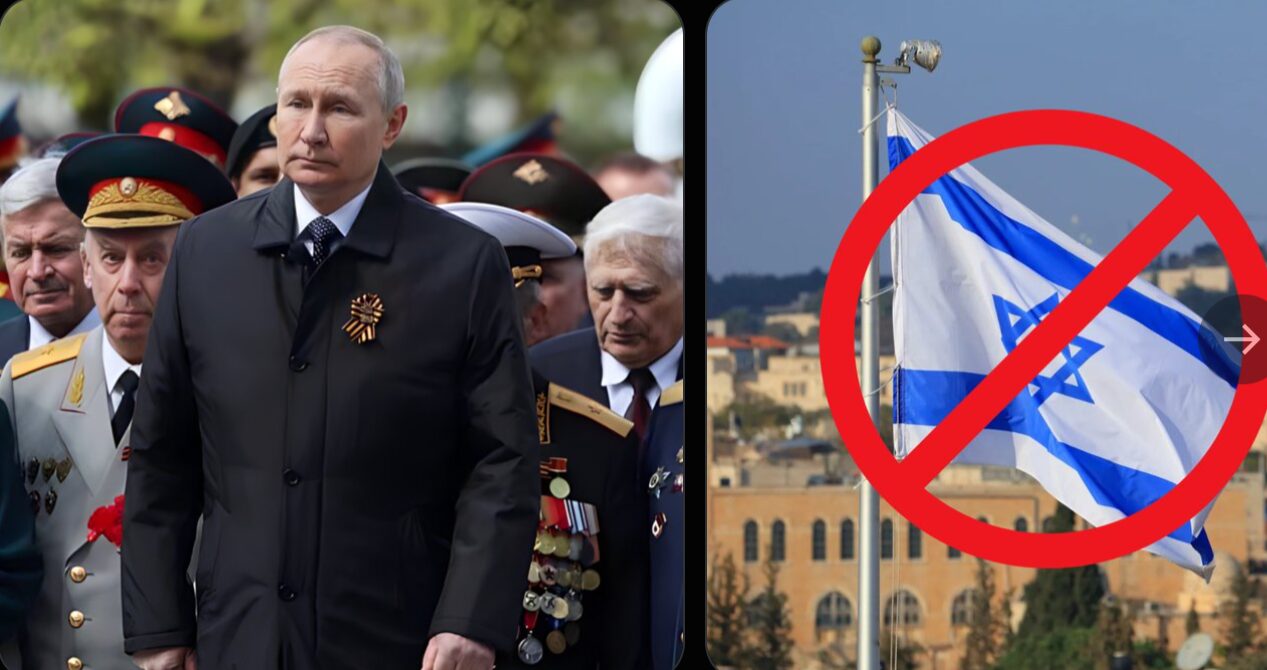
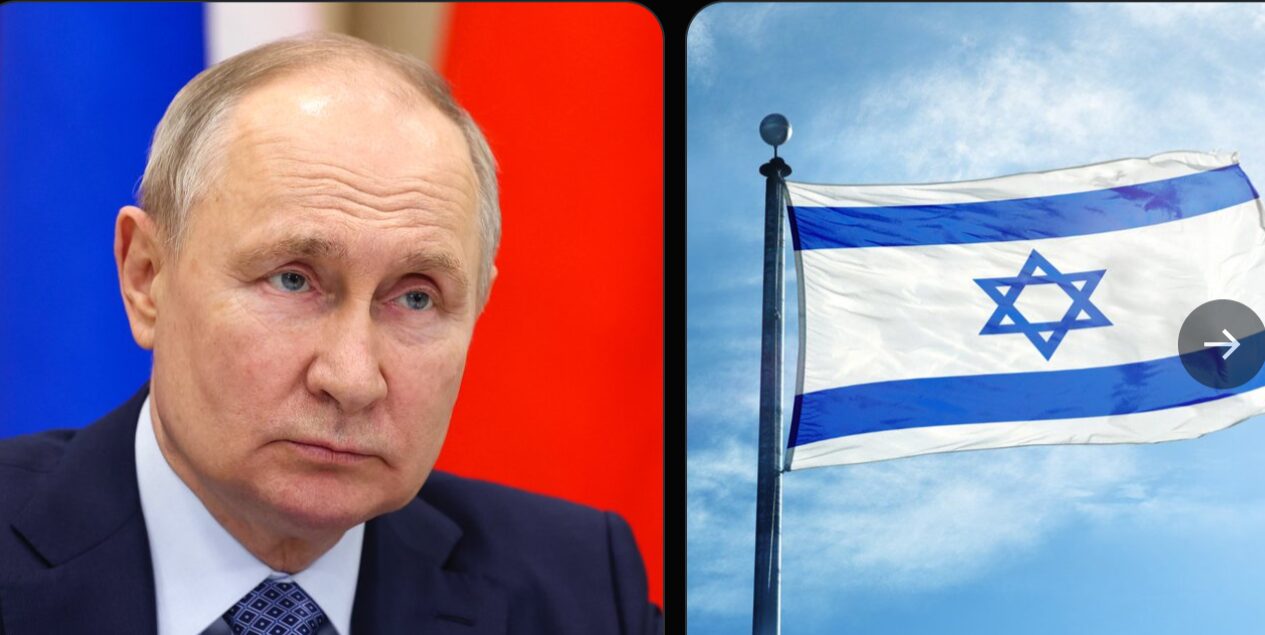

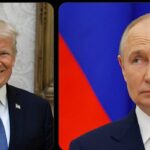
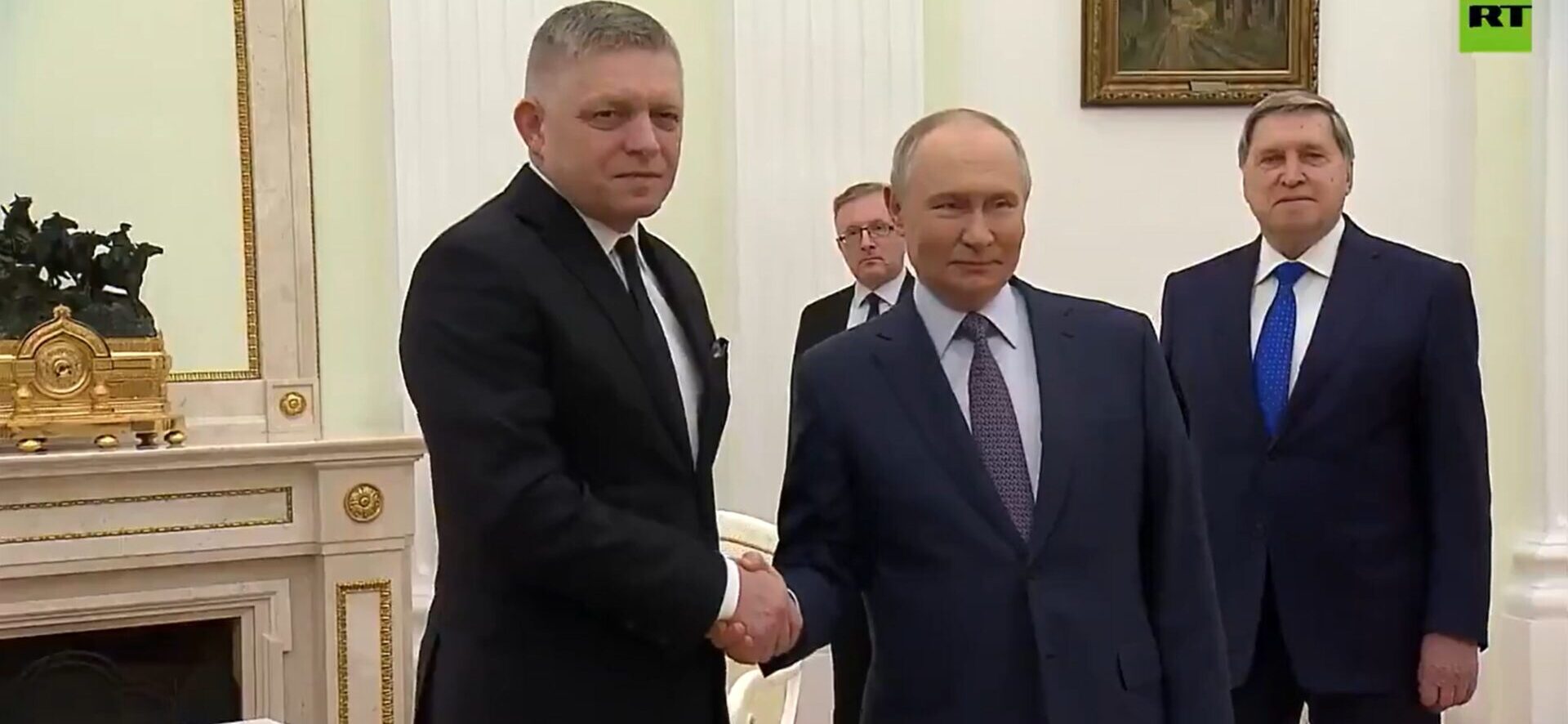
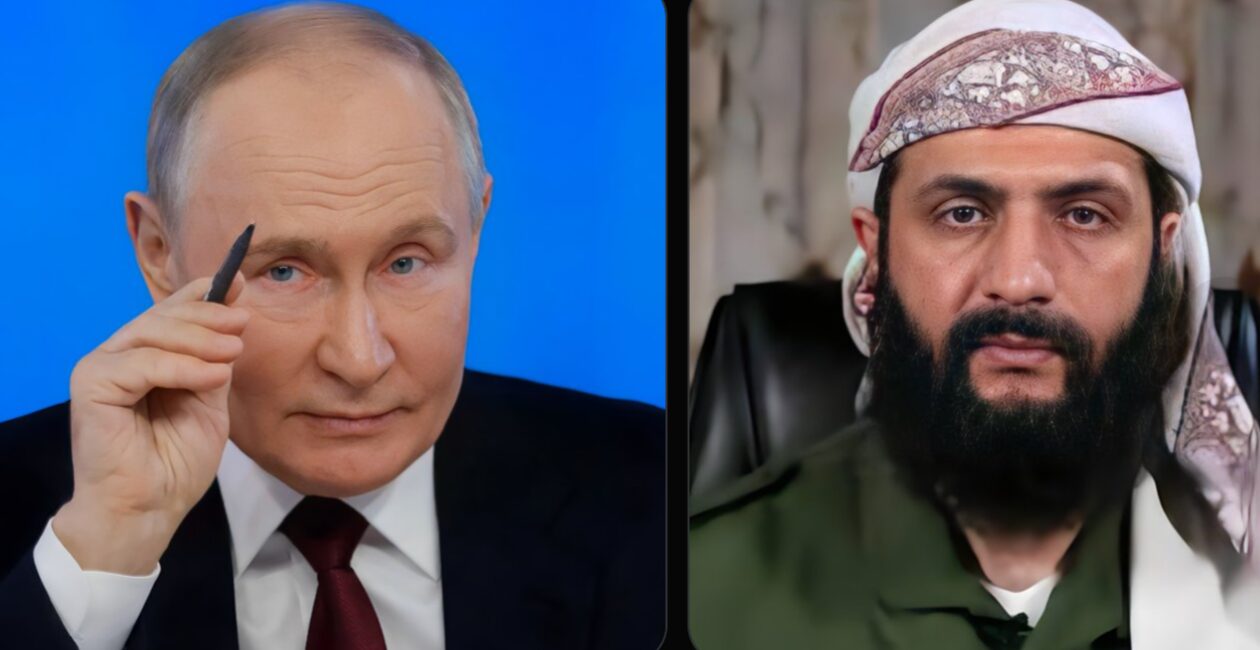
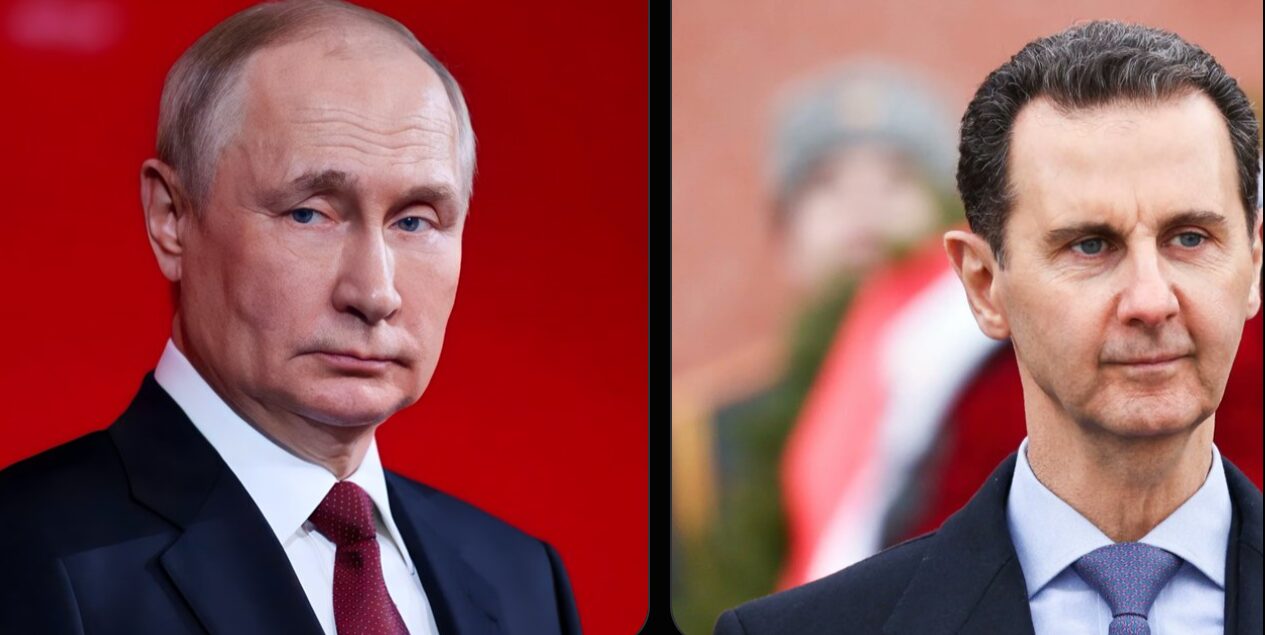
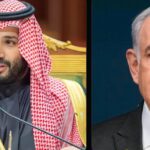
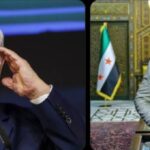








Post Comment